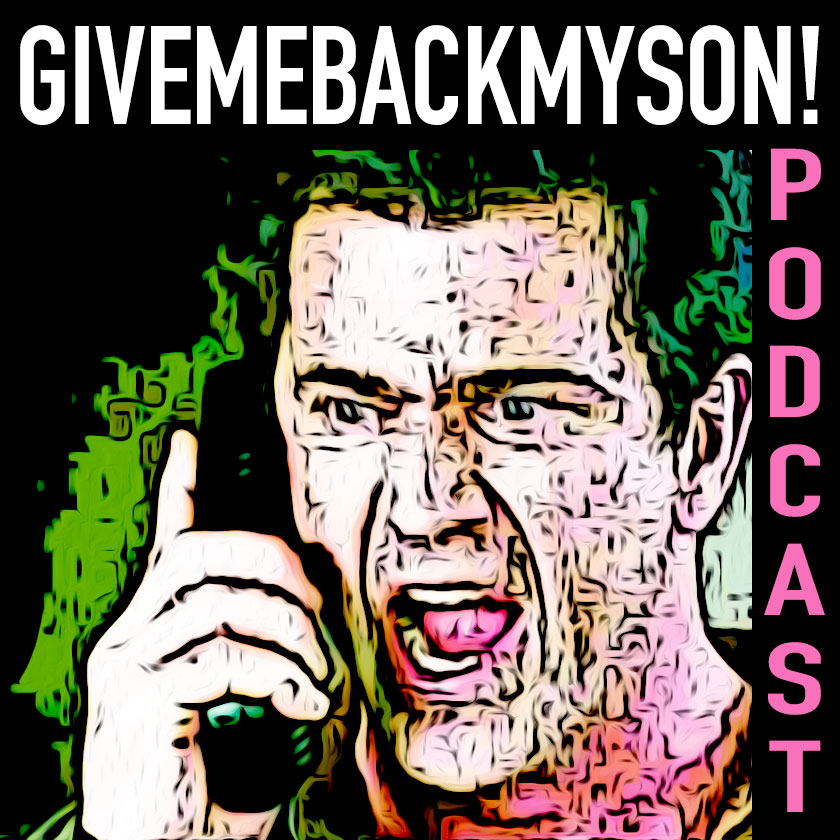Baz Luhrmann’s The Great Gatsby adaption is sure to strike the ire of F. Scott Fitzgerald fans the world over. Fitzgerald’s novel was purposefully sparse and minimalistic. Luhrmann’s movie is the exact opposite. It greets the roaring ’20s with gargantuan pomp, unstoppable production design, and – for some unexplained and stupid reason – a heavy dosage of modern day hip-hop music. It’s a funky kaleidoscopic mash-up of periods.
The trailers have promised a visual feast. A rendition of the great novel that focuses on the whimsical look and feel of the time. Luhrmann can’t help himself. Gatsby’s parties are described as grandiose, but somehow Luhrmann outdoes the grandiosity of grandiose. He spends far more time than is needed sweeping across raging party goers as the pile into the mysterious mansion of Jay Gatsby. It’s all about the light, the slow motion, the intricately constructed costumes, and the incessant thumping of Jay-Z’s lyrics. During all the commotion it’s easy to forget you’re watching a retelling of one of the most celebrated and influential American novels of all time.
I assume most of you reading this review know of, or have read, Fitzgerald’s novel. If you haven’t then you apparently didn’t do your high school English homework.
We’re treated to a narration which is provided by the hapless and somewhat dopey Nick Carraway (Tobey Maguire). Carraway recounts a fateful time in his life where he met Jay Gatsby (Leonardo DiCaprio). Gatsby has quickly risen in the ranks of the rich and famous, yet no one seems to know who he is. Gatsby throws lavish parties at his mansion on Long Island. Rumors swirl about who he might be. Is he a German spy? Maybe an assassin? Or is he part of the mafia? Whoever he is, it doesn’t matter because the guy can throw a dynamite bash.
Daisy (Carey Mulligan) is Nick’s cousin. She’s a selfish, unhappy socialite who’s married to Tom Buchanan (Joel Edgerton). Tom cheats on Daisy, but heaven forbid she runs out on him.
All the main parts of Fitzgerald’s novel are there, but Luhrmann seems far too concerned with filling in the gaps, rather than focusing on the true impact and meaning of the novel. While the visuals are often stunning, they become old hat after a while. Another visually stunning film, Life of Pi, used its graphic wizardry to help communicate the story. Here it feels like a distraction. Like Luhrmann didn’t feel Fitzgerald’s novel had enough going on, so he had to add in his own flair, which causes a rather bloated 140 minute runtime.
After the thirtieth time the camera dips, rotates, and rises over a city scape or party scene, with the help of computer effects, the timeless themes feel like they’ve been usurped. The wondrously colorful images excite at first, but dull later on. They commandeer the movie. They overshadow the magnificent cast that Luhrmann has assembled.
As a fevered piece of cinematic art, The Great Gatsby stands out. As a truthful adaption of an American literary classic, it doesn’t. Luhrmann certainly has, and strictly abides by, his own effervescent style. It’s all over-the-top all the time. He’s set his sights on bombarding the audience with as much visual menagerie as possible, which in turns feels like a complete disconnect from the source material.










